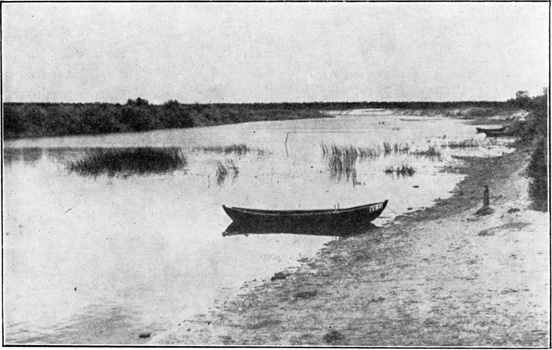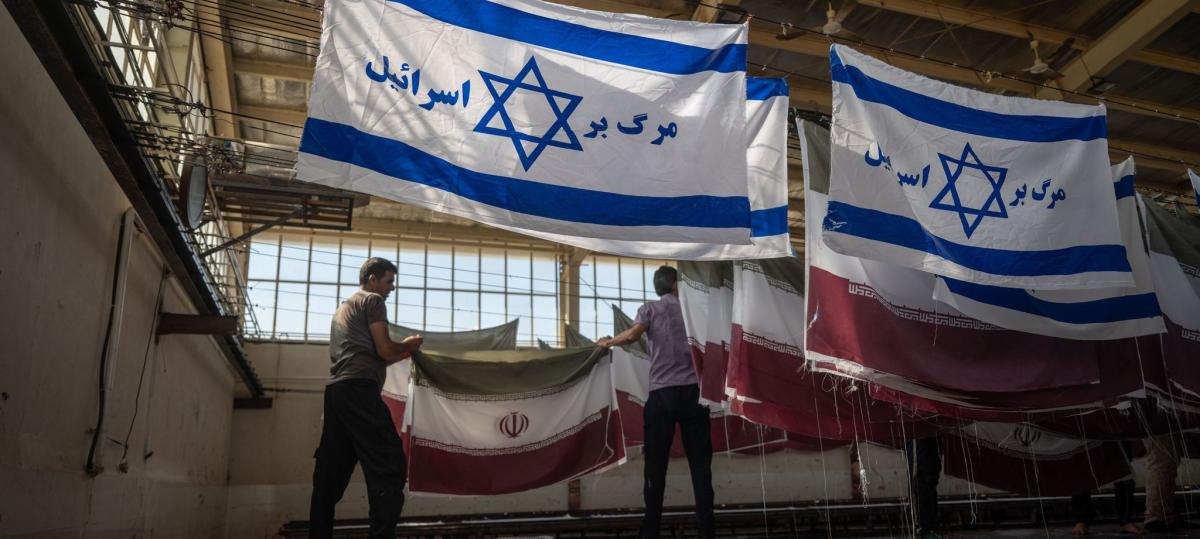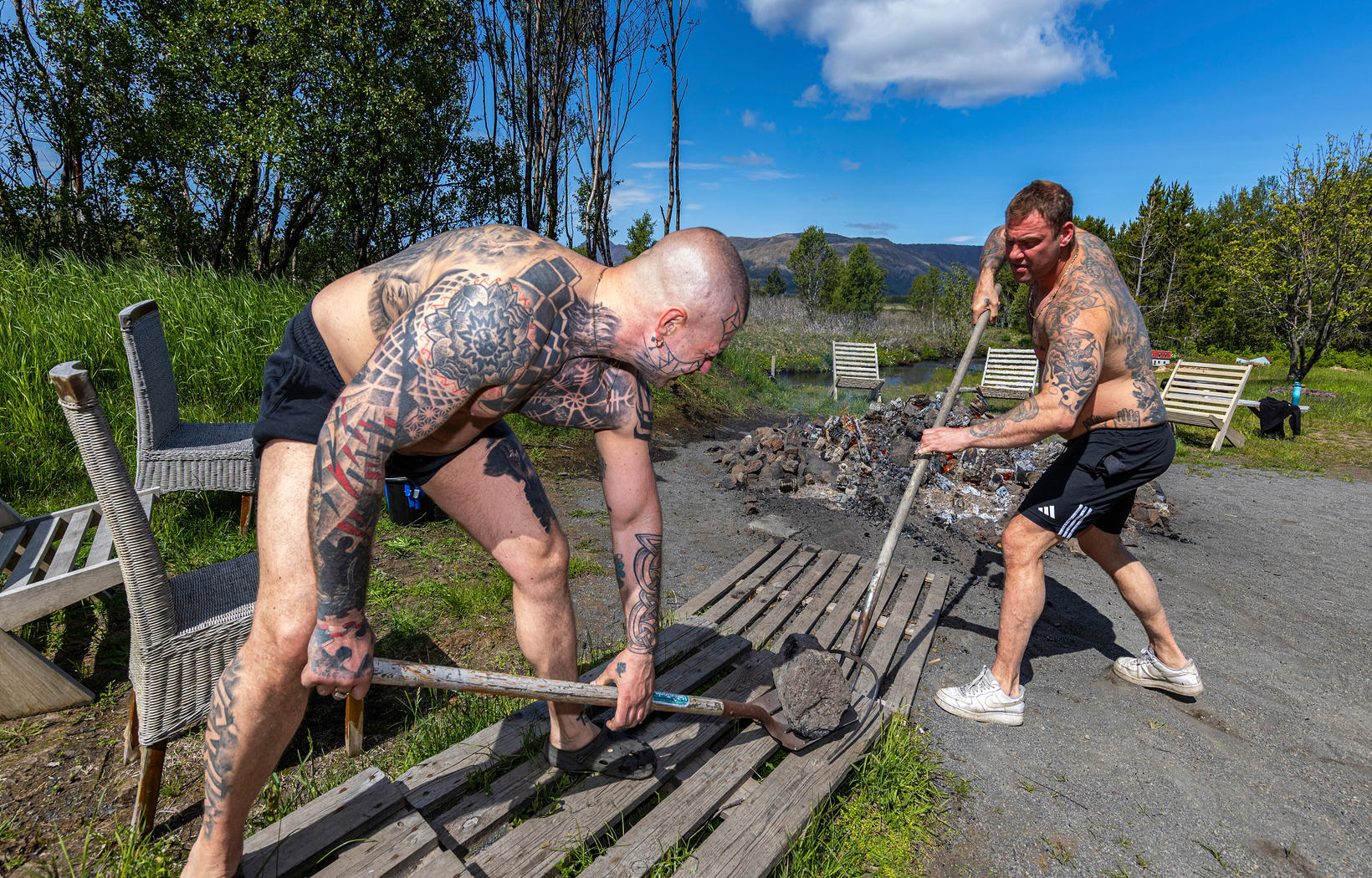Robbery on the river dead

Arnold Paul Suvalep. “History is the Danish and Livonian periods.” Start Here.
Despite the rumors that spread in Narva that Novgorod united with Pskov for the war with the Order, Novgorod did not allow himself to draw himself into military operations, although his relationship with the Order became tense.
Disagreements existed primarily on trade issues. For a long time among the Russians, there was discontent with the actions of German merchants: according to the Russians, salt bought from the Germans and other goods were not balanced on the right scales. Therefore, in June of 1407, the Novgorod Veche ruled that every Russian merchant, buying salt from the Germans, had to weigh it, and to acquire honey only with full barrels. The German merchants did not like this decision, and they banned all the trade with the Russians in Novgorod. The Lubeck merchant Bernd von is harmful, despite this ban, nevertheless continued to trade with the Russians, so the goods were taken from him in Novgorod in the commercial courtyard. Harmlessly moved from Novgorod to Narva and began to send letters with threats to Novgorod: if the goods are not returned to him, he himself will find the opportunity to compensate for his damage. But since in Novgorod this did not react to this, he, using the complex relations of Russians with the Swedes, moved to the service of the Vyborg Vogt Tord Rurikesson Bunde in the hope of getting support from him. In June 1408, he was harmful again in Novgorod and agreed with the merchants to give him a letter of recommendation to Tallinn. But a few days later, the Novgorod merchants received new alarming news, which quickly transferred to Tallinn: a group of people who wanted to attack both Russian and German merchants on Dode Narve gathered in Narva. The literally dead Narva. The term Dotbeke was designated in ancient times of the river, which had dead -end branches of the channel, in this case, Dode Narva is the Kullakula river, which in Russian is now the name of the Mortvitsa.
Tallinn did not respond to a warning. Adventors could be freely in Narva for several days and make all the necessary preparations to implement their plans. The gang was waiting for the right moment for three weeks. According to rumors at the end of August 1408, Bernd von was harmful and robbed German and Russian wagons on the Dode Narve River. Russians estimated their damage at 3300 silver ingots.
Russians arrived in Narva from Novgorod with goods. When they decided to go back without goods, in the port on the banks of the Narva River, they collided with the ministers of the order. The Russians beat a couple of Livonians to half to death.
The first to learn about what had happened was Tallinn, who already wrote about the incident to the bishop of the city of Turku in Finland with a request to take measures to detain robbers. Tallinn informed the master of the Livonian Order of this. At the same time, information about the place of robbery was not enough: the master of the order was reported that the robbery occurred on the territory of the possessions of the Order, 6 miles from Narva. The master of the order, in turn, addressed the reproach to Tallinn that they did not warn the Narva Vogt, although it was clear: the gang of strangers in Narva had no good intentions. The Russians, in turn, suspected the order authorities of Narva that they indulged in robbery. Naturally, the news of the robbery caused great concern in Novgorod. The goods of German merchants were seized, and they were forced to ask Tallinn to act with Russian goods in the same way.
Despite the fact that the situation was already tense, another misunderstanding occurred in Narva. Russians arrived in Narva from Novgorod with goods. When they decided to go back without goods, in the port on the banks of the Narva River, they collided with the ministers of the order. The Russians beat a couple of Livonians to half to death. The perpetrators were detained, and they were assigned a high fine. The Russians considered the fine unfair and did not recognize the court decision, arriving in Novgorod, they detained honey belonging to the German merchants.
Although disputes arose in Narva and its environs, trade in the city continued in the most active way, while in Novgorod and Hanseatic cities it was prohibited. Tartu complained that the Narva Vogt allowed the Russians to come to the city and trade there. Tartu advised Tallinn to completely ban the trips of merchants to Narva. Since the interests of Tallinn were different from the interests of Tartu, he limited the import into Narva only a few names of goods.
In August 1409, in Novgorod, the parties came to an agreement that goods on both sides should be given back and continued to trade under the former trading contract or, as they said then, on the basis of a kissing of the cross. In fact, trade was difficult for a long time.
Probably, during the stay of the Master of the Order in Narva in 1411, the Narva Vogt notified him of increasing the export of horses to Russian lands, which is why all Livonia could be left without horses. In the short time that the new Vogt held its position, about 70 horses have already been taken to the Russian lands. The master confirmed that, according to old customs, horses worth no more than two marks can be sent to Russian lands, more expensive horses should be taken away from merchants. If someone wants to go to Russian lands with a more expensive horse, then he should have guarantee that he would return with the same horse back.
1412 began in an atmosphere of new disagreements in international trade, caused by the fact that the Narva Vogt confiscated the goods of Novgorod Boris Kizen. Returning to Novgorod, he demanded from the German merchants compensation for losses. Those, of course, refused, explaining that they had nothing to do with this case and that compensation for losses should be demanded from the order. Then Kesen grabbed one German merchant in Novgorod, put him in his basement and treated him extremely cruelly. He also intended to do with two or three more significant German merchants in case of refusal to pay. He still could not realize his threat, because In Livonia, at that time there were many Russian merchants. When the Novgorod ambassadors filed a complaint on this issue to the master of the order, it was decided to negotiate in Narva in 1413, on St. Nicholas Day. However, this meeting for some unknown reasons did not take place.
Disagreements arose not only with Russian merchants, but also with people of other nationalities. So, Vogt Rasborg Yankee Humpman complained that the subjects of the Swedish king, the poor peasants, arrived in their ships near Narva in the fall, carrying cattle and other goods as a cargo. They wanted to trade with the Russians, with whom Sweden then had peace. However, the Narva Vogt took from the peasants the received from the sale of goods of 12 Riga brands and 4 ship’s fins of grain, and then enclosed them in the tower, where he held, like criminals, on bread and water. Having been released, the peasants complained about the actions of Fogt. In response, Vogt Rasborg detained the Livonian ship and confiscated the goods in reimbursement of damage caused to the peasants. For his part, Fogt Narva explained that the peasants on their sailboats approached the island at the mouth of the Narva River, which was guarded by the Order Servant. As a cargo, the peasants had 8 horses and cattle. The servant warned the peasants that they could only sell horses to Germans and Estonians, but not Russian. But those at night secretly left and still sold horses to the Russian. When they again drove past the island, they were detained and threw them into the tower, where they fed in accordance with the calendar: they gave meat on meat days, and in lean days, fish and a dumb beer. When it turned out that the trading trip took place with the consent of Vogt Rasborg, the peasants were released and the money taken was returned to them.
The fact that, in the case of various misunderstandings of the merchants, they immediately entered into the “Tower and Vorob”, caused an aggravation of relations each time until they began to resolve on the basis of international treaties. Thus, the Tallinn comur advised the Tallinn Magistrate not to put the Russians on any trifles in the tower, but to keep only in the iron shackles until they find a guarantor, and then it would be possible to perform the court legally over them.
(To be continued)
The Post Robbery on the river dead FIRST Appeared on gazeta.ee.







